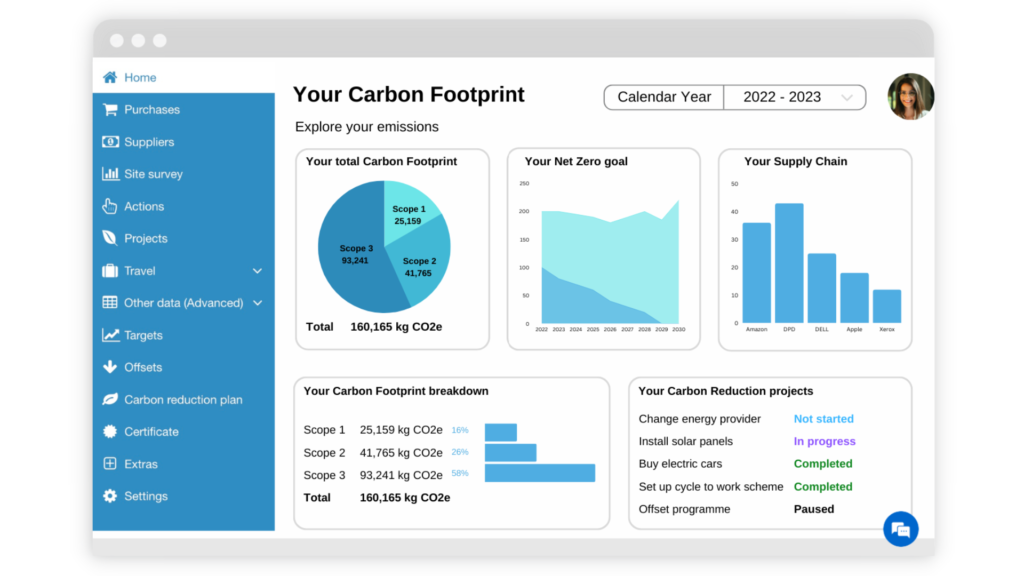PPN 06/21, short for Procurement Policy Note 06/21, is a significant policy initiative aimed at incorporating carbon reduction plans into the procurement of major government contracts. While its title might not win any awards for creativity, its impact on environmental sustainability is undeniable. Let’s explore the key aspects of this standard and how organisations can navigate its requirements effectively.
Who needs to comply with PPN 06/21?
One of the fundamental questions surrounding PPN 06/21 is who exactly needs to comply with its provisions. As outlined by the UK government, any organisation involved in bidding for or holding major government contracts with an annual value exceeding five million pounds falls within the scope of this requirement. This includes both public sector entities and private sector suppliers, encompassing a wide range of industries and sectors.
* This includes all companies bidding for a contract with the NHS. The NHS has called the project the Evergreen Programme, and it requires all participants to have a Carbon Reduction Plan.
At its core, PPN 06/21 mandates the development and implementation of carbon reduction plans, commonly referred to as CRPs, by organisations subject to its provisions. These plans serve as roadmaps for achieving carbon neutrality and aligning with the UK’s broader goal of reaching Net Zero emissions by 2050.
Components of a Carbon Reduction Plan
- A CRP comprises various components, each essential for demonstrating a commitment to carbon reduction and environmental stewardship. Let’s break down the key elements of a typical CRP:
- Energy Usage: Detailed reporting on electricity, gas, and other fuel consumption, including usage patterns and sources.
- Transportation: Quantification of emissions from company vehicles, staff travel, and commuting, highlighting opportunities for efficiency improvements.
- Supply Chain: Assessment of upstream and downstream emissions associated with procurement and distribution processes, emphasising the importance of supply chain sustainability.
- Waste Management: Analysis of waste generation, disposal methods, and recycling efforts, aiming to minimise environmental impact.
- Target Setting: Establishment of clear targets for emissions reduction, with a focus on achieving Net Zero emissions by 2050 and interim milestones.
- Project-specific Actions: Identification of specific initiatives and strategies to reduce emissions within the context of government contracts, demonstrating proactive environmental management.
- Progress Monitoring: Regular tracking of progress towards emissions reduction goals, accompanied by transparent reporting and accountability mechanisms.
PPN 06/21 represents a significant step towards integrating sustainability principles into government procurement practices. By embracing the challenge of carbon reduction and adopting proactive measures outlined in CRPs, organisations can contribute to the collective effort to combat climate change and build a more sustainable future. As we embark on this journey towards Net Zero emissions, collaboration, innovation, and a commitment to environmental responsibility will be key drivers of success.

Find out more information about the new law changes check our YouTube channel “Carbon College“. And if you have any questions or need further assistance, feel free to reach out.




